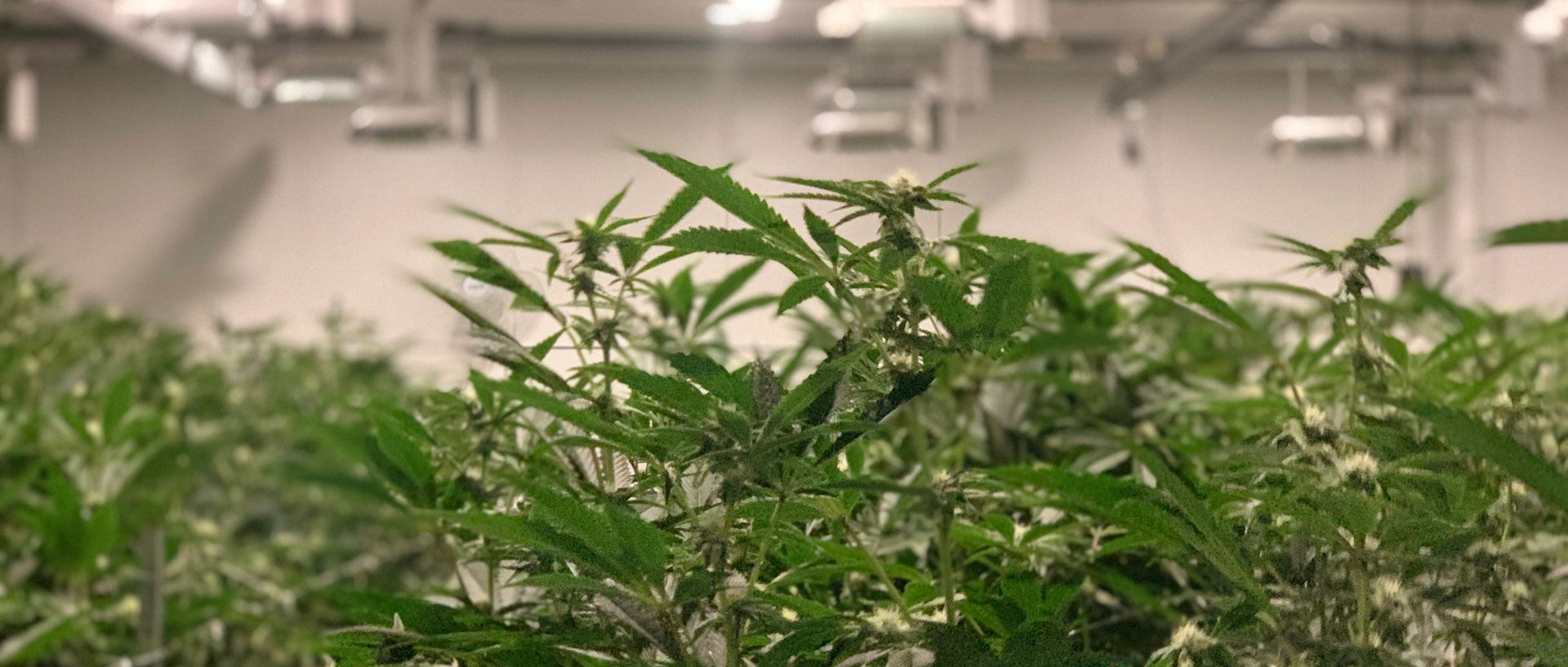
What Legalizing Marijuana Really Means for Addicts
As more states vote to legalize marijuana, more questions emerge about its impact on those who struggle with addiction. Does making the drug easier to obtain make it more or less likely that people will abuse it? Opinions are varied and strong on all sides, but let’s start with what we know from what we’ve observed.
Logically, with its legalization, marijuana use has increased, as has addiction to it. This is due to a few factors:
- Increased availability.
- The perception that it is harmless because it is legal.
- Increased socially acceptability.
As a result of more people using and abusing marijuana, more of them also experience the negative effects of the drug, such as impaired memory and decision-making abilities. And those who are physically dependent on the drug may experience unpleasant withdrawal symptoms like difficulty sleeping, irritable moods, and physical discomfort.
Further complicating the matter is the fact that many strains of marijuana are more potent than in the past, which can create a bigger high and a stronger dependence. For those with a predisposition to addiction, this can spell serious trouble. Not only is marijuana now easier to obtain, but when they do, there is a greater chance that they’ll get hooked even quicker thanks to these “super” strains of the drug.
One doctor has labeled it a “bargain with the devil” because “[a]ll drugs of abuse, legal and illegal, including marijuana, produce intense brain reward that users value highly—so highly that they are willing to pay high prices and suffer serious negative consequences for their use.”
Another factor to consider is that someone in recovery may face the reality of friends legally using pot around them, leading to a much higher risk of relapse. And if these friends are not aware of or sensitive to the struggles of someone trying to stay clean, they may even pressure this person to use.
Even if the person manages to refuse to use, the stress of being pressured coupled with the ease with which they could get their hands on some marijuana puts them in a weakened condition in which they may still relapse at some point in the future. Further, they now live in a state where the majority of people believe it’s not that big a deal to use marijuana, which means there are fewer people who may support this person’s efforts to stay sober.
Overall, for the addict, the environment in which marijuana is legalized presents significant challenges to their sobriety.
Dr. Robin Barnett, EdD, LCSW, LCADC, CCS, CSAT is a Licensed Clinical Social Worker, Licensed Clinical Alcohol and Drug Counselor, Certified Clinical Supervisor, and Certified Sex Addiction Therapist. She is involved in the fabric of several TV shows, and has appeared on FOX, MTV, CNN, CBS, and NBC. She is currently seen on the Steve Wilkos Show as an Addictions Expert. Her book, “Addict in The House: A No Nonsense Family Guide Through Addiction and Recovery” is the “Go-to” book for thousands of families trapped in this dangerous dysfunction. Following a successful private practice, Dr. Robin co-founded a highly respected Addictions Treatment Center. She now brings her years of experience and education to the world through her various tv appearances, public speaking, educational and e-therapy services.
[sc name=”drb-footnote”]
[sc name=”media-contact”]

